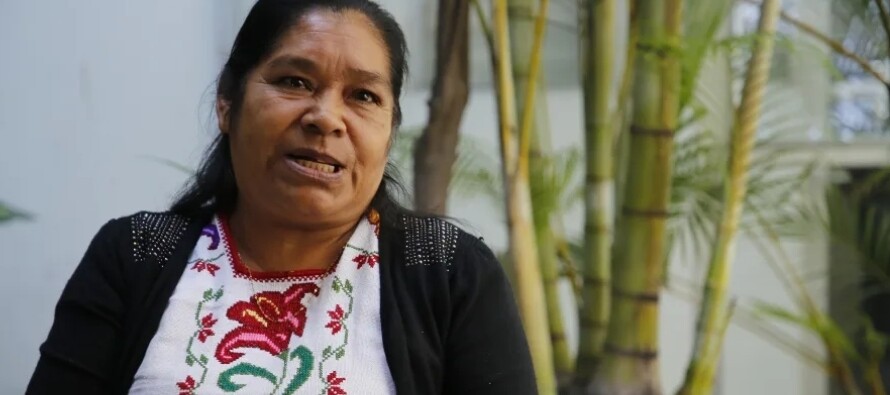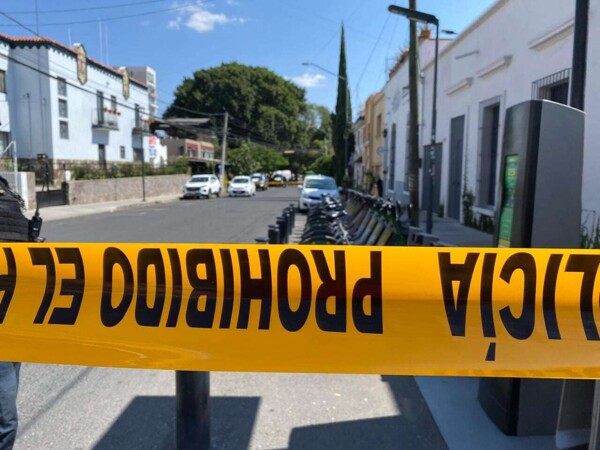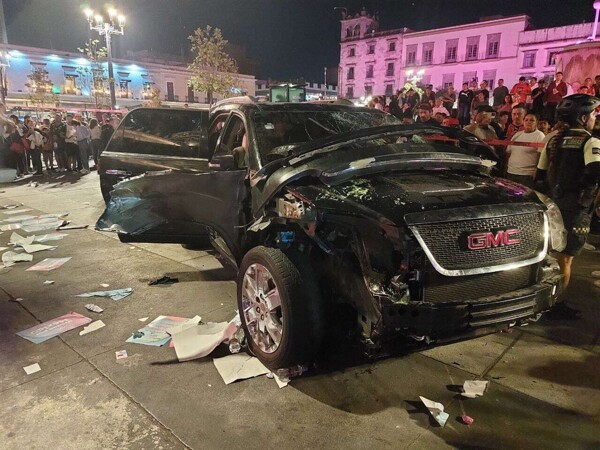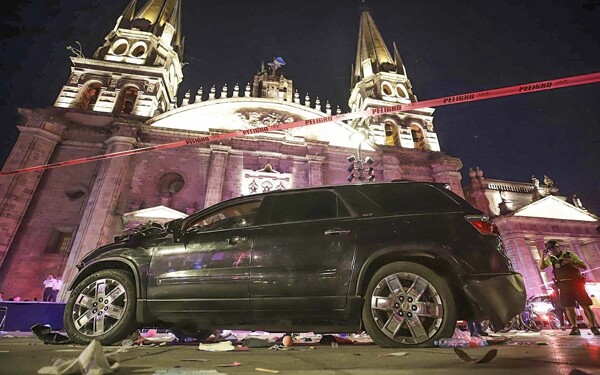
Indigenous Mexicans denounced, in the context of World Traditional Medicine Day, that the rigidity in public hospitals in Mexico hinders the recognition of their ancestral techniques which, they claim, have the ability to heal and save lives and have been practiced by indigenous peoples for centuries.
Traditional healer Cristina Martínez, of Mazahua origin in Jalisco, pointed out that she faces disdain from health professionals in clinics and public hospitals, who do not take into account the traditional medicine of indigenous peoples for fear of losing their own relevance. Martínez emphasized the importance of recognizing and respecting the traditional medicine of her culture, which comes from past generations.
In 2023, representatives of various indigenous communities in Mexico urged then-president Andrés Manuel López Obrador to recognize traditional medicine as a cultural and intangible heritage of the 68 indigenous peoples of the country. Although federal public hospitals in remote communities have incorporated midwives, traditional healers, and rural volunteers into community health programs, the situation in large city hospitals is different.
Traditional medicine is a sacred part of indigenous communities in Mexico, which consider it a way to pay homage to the Earth and nature, as well as being a health alternative when access to public hospitals is limited. During the COVID-19 pandemic, many people from indigenous and migrant communities who contracted the disease did not receive care in hospitals, resorting only to traditional remedies.
Traditional healer Esperanza Pérez, who comes from Michoacán, mentioned that in the past, when there was no access to conventional medicine in rural areas, people turned to healers and cured themselves with medicinal herbs. Pérez expressed her desire for the health system to allow for an exchange of knowledge that includes indigenous traditional medicine, with the hope of reducing mortality through effective collaboration between both health systems.













